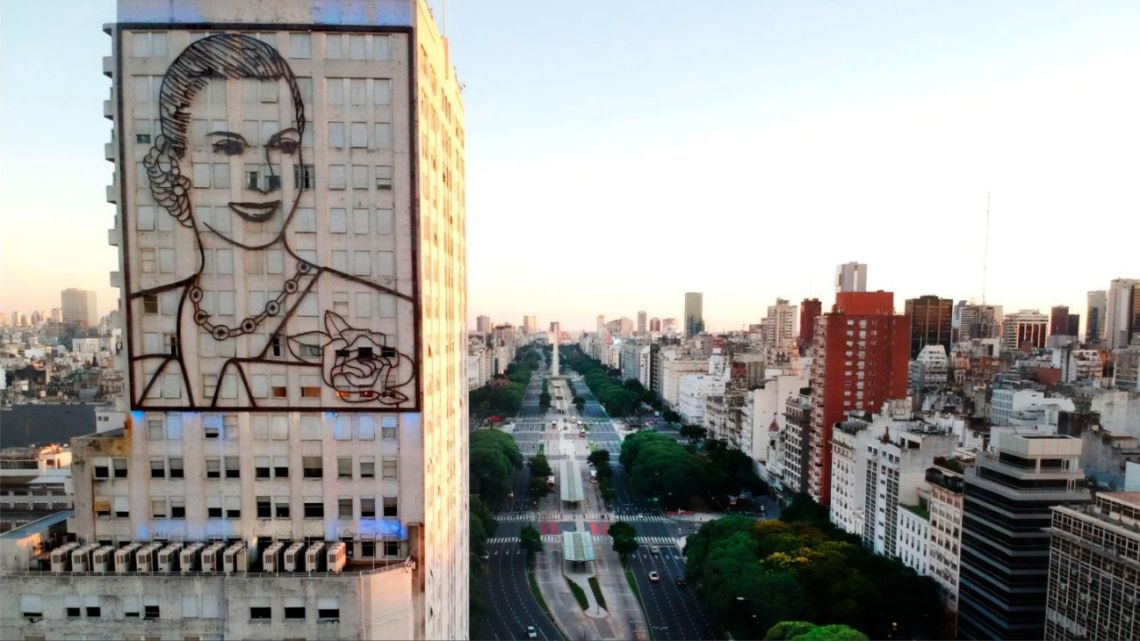Brunei, a small nation in Southeast Asia, stands out as one of the world’s richest countries. Its wealth stems from vast oil and gas reserves. The country is part of APEC economies and has a land area similar to Peru’s Tumbes region.
Brunei’s GDP per capita rivals that of major economies like the United States. This prosperity is largely due to its natural resources.
The country ranks fifth globally in per capita income, behind Qatar, Luxembourg, Singapore, and Norway. The nation is ruled by an Islamic monarchy, claimed to be the world’s longest-running family dynasty.
This royal family has governed Brunei for over six centuries. The current Sultan has modernized the country with advanced technologies and an international outlook.
In recent years, Brunei has adopted more conservative social policies. Since 2014, it has implemented strict laws including severe punishments for certain offenses.
 Six Centuries of Rule: Brunei’s Enduring Sultanate. (Photo Internet reproduction)
Six Centuries of Rule: Brunei’s Enduring Sultanate. (Photo Internet reproduction)These measures reflect a trend towards stricter religious norms in the country. Despite its small size, Brunei’s economy is dominated by the oil industry.
Most jobs in the country are linked to this sector. The Sultan has urged citizens to adopt a hardworking and self-reliant mindset to reduce state dependence.
Brunei’s Economic and Political Landscape
Brunei is a developed nation with a 0% public debt to GDP ratio. The country continues to thrive, using its resources to ensure economic and social stability. However, it faces challenges in diversifying its economy beyond oil.
The monarchy’s long-standing rule has shaped Brunei’s development. While it has brought wealth, it also raises questions about political diversity. The country’s strict laws have drawn international criticism and concern for human rights.
Brunei’s unique blend of wealth, conservatism, and monarchy makes it an intriguing case study. It shows how natural resources can transform a small nation. Yet, it also highlights the complexities of balancing tradition with modernization.
The country’s future may depend on its ability to adapt. As global energy markets shift, Brunei may need to find new economic drivers. Its challenge lies in maintaining prosperity while navigating changing global norms.

 By The Rio Times | Created at 2024-11-14 18:28:49 | Updated at 2024-11-22 09:25:45
1 week ago
By The Rio Times | Created at 2024-11-14 18:28:49 | Updated at 2024-11-22 09:25:45
1 week ago








